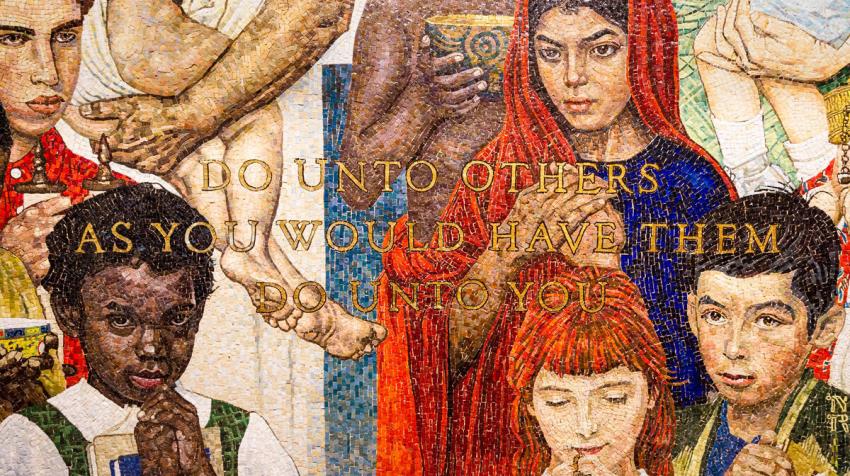The Center for Affirmative Action at the Federal University of Western Bahia (UFOB), a UNAI member institution in Brazil, hosted a series of webinars during the COVID-19 pandemic to address various forms of prejudice, such as racism, ableism, sexism, xenophobia, and other forms of exclusion. The series was held within the framework of the ‘Awakening Project’ (Projeto Despertar) and is related to Sustainable Development Goal 10: Reduced Inequalities.
The series was organized in collaboration with various stakeholders such as student associations representing diverse religious, ethnic and racial groups as well as students of different sexual orientations and national origins. The project is coordinated by Prof. Tamila Marques Silveira, faculty at the Center of Exact Sciences and Technologies, and covers issues such as gender and sexuality norms and rights, cultural plurality and language diversity, informal employment, inclusion, race and violence.
The idea was to not only have academic discussions, but also hear personal experiences that could help guide such discussions. One week each month was dedicated to these online debates with experts, specialists, professors, community representatives, and students. Due to the virtual nature of the activities, people from outside the university and from different parts of Brazil were able to participate in the discussions.
Through this project, UFOB contributes to raising awareness about prejudice, intolerance and exclusion. The Awakening Project’s main purpose is to create awareness and unlearn intolerance and bias to foster a more inclusive and pluralistic society. According to the organizers, more than 1,200 people attended the online meetings, over 350 of whom were regular participants.
Alicinia Francisco da Cruz, a medical student from São Tomé and Príncipe, said that the project helps to “look beyond, explore new horizons, grow as individuals and as members of the society we live in.” A fellow medical student, Janilde Melissa dos Santos from Cabo Verde, said that it is “an incredible opportunity to break paradigms.” “This gives the word to communities sometimes forgotten and taken for granted,” said Maíres das Neves Nascimentos, a biotechnology engineering student, who is a member of the Indigenous Atikum community in Brazil.
“The project pays a critical role in promoting a fairer, less unequal society, especially when addressing things that benefit less favoured individuals,” noted Manoel Paulino Rodrigues da Silva, a law student and member of the university’s Handicapped Students Association. “It brings to light the relevance of the Black culture and identity, and how important it is to not let them disappear,” added Maria Nivalda Pereira de Almeida, a mechanical engineering student and member of the Quilombola Association, a group that represents the descendants of slaves.

